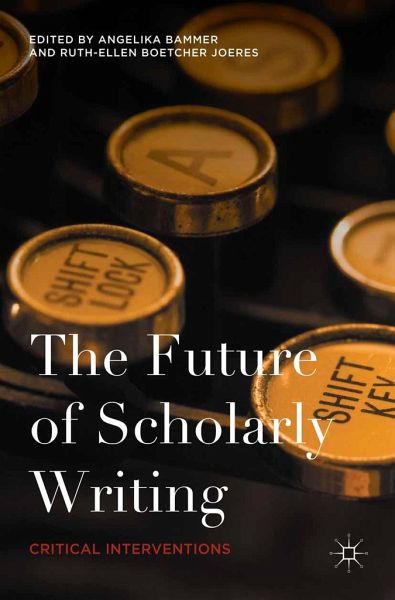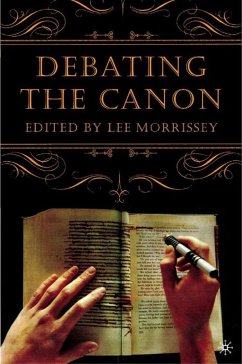
The Future of Scholarly Writing
Critical Interventions
Herausgegeben: Bammer, Angelika; Boetcher Joeres, Ruth-Ellen

PAYBACK Punkte
27 °P sammeln!
This stimulating collection is the first to take on the issue of form and what it means to the future of scholarly writing. A wide range of distinguished scholars from fields including law, literature, and anthropology shed light on the ways scholars can write for different publics and still adhere to the standards of quality scholarship.














